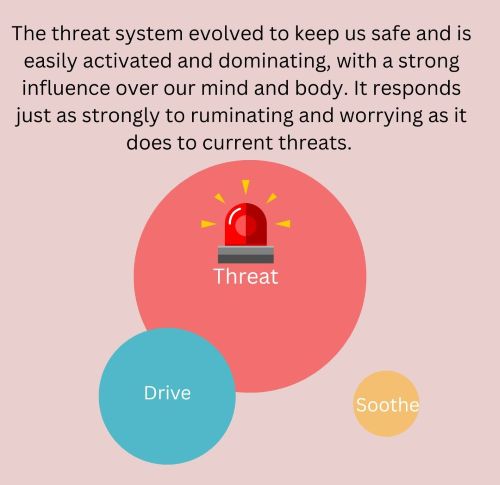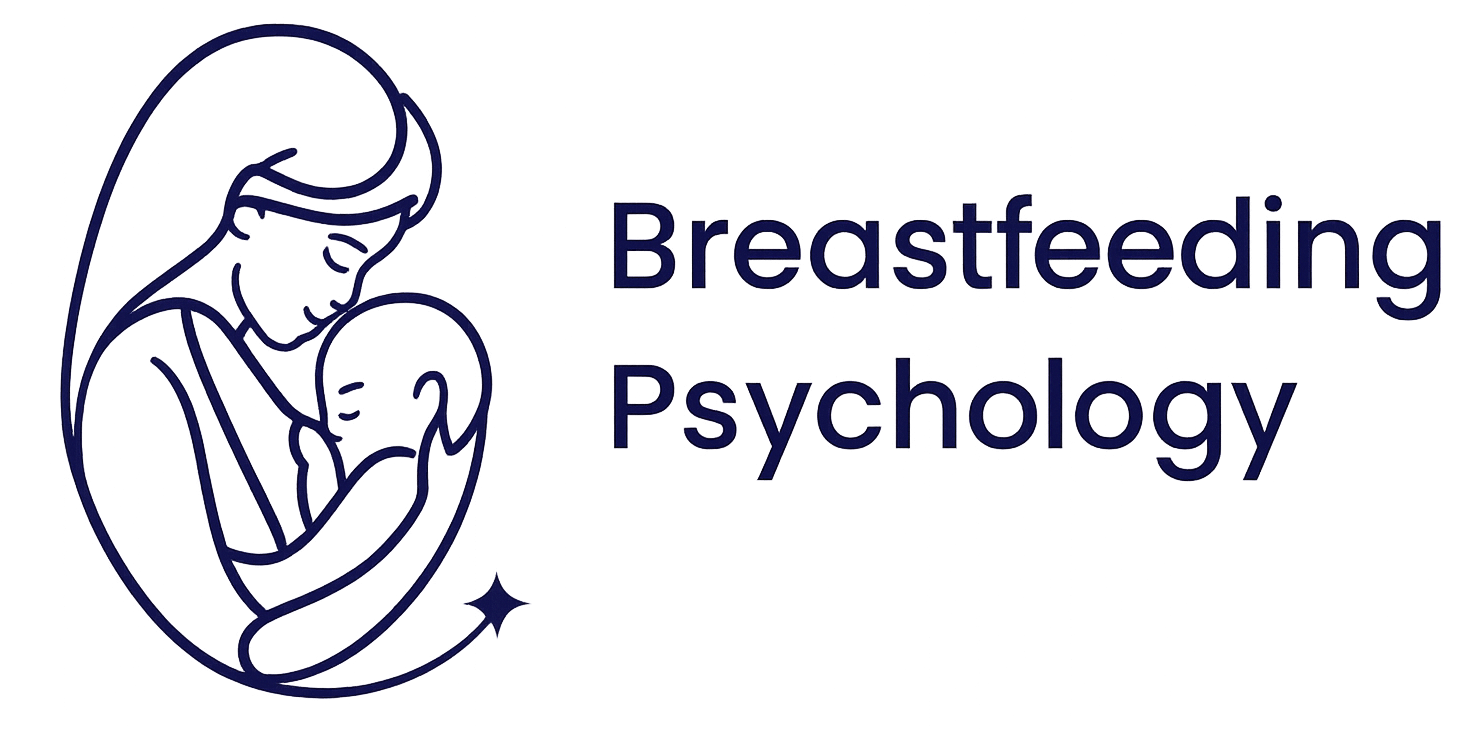Your Threat System and the Day Five Weigh-in
Many mothers describe the day five weigh-in as the moment everything changed. You thought things were going well, your baby seemed to be feeding well, the latch looked fine, you were adjusting to life after birth.
And then, the ground falls out from beneath you.
The midwife weighs your baby and says they’ve lost more weight than expected. Suddenly, there’s talk of feeding plans, top-ups, pumping, and formula. You’re booked for repeat appointments, and left reeling with anxiety, pressure, fear, and stress.
It can feel like a huge, unexpected threat has appeared out of nowhere, and your body responds exactly as it should. Your threat system (already quick to come online in the postnatal period) fires on all cylinders, ready to protect your baby and yourself. This response is healthy and appropriate. It’s your system doing its job, and it also encourages your drive system to “go go go” - to pump, monitor, research, worry, weigh. This can be very useful. Although sadly we know that when it comes to slow weight gain, just “trying harder” doesn’t always work

But once the immediate crisis has passed, how do we bring that system back into balance again? How do we soothe a mind and body that have been on high alert since those early days?
This is where compassion-focused approaches can really help. Drawing on self-compassion, mindfulness, and understanding your own emotional responses allows you to gently rebalance your threat, drive and soothe systems.
It’s about learning to:
- Understand your thoughts and feelings without judgement
- Be more present and mindful
- Make conscious efforts to enhance your soothe system, balance your drive system and to quieten your threat systems
- Reconnect with your values as a parent
- Talk with people who truly understand what this experience feels like

You’re not alone if that early weigh-in became a turning point for you, a moment that left lasting emotional ripples. Many women find themselves processing that shock weeks, months, or even years later.
If you’re struggling with this, we understand, and we can help. Get in touch to hear more about our psychological therapy options, or check out our resources page for recommended books, websites and more.


